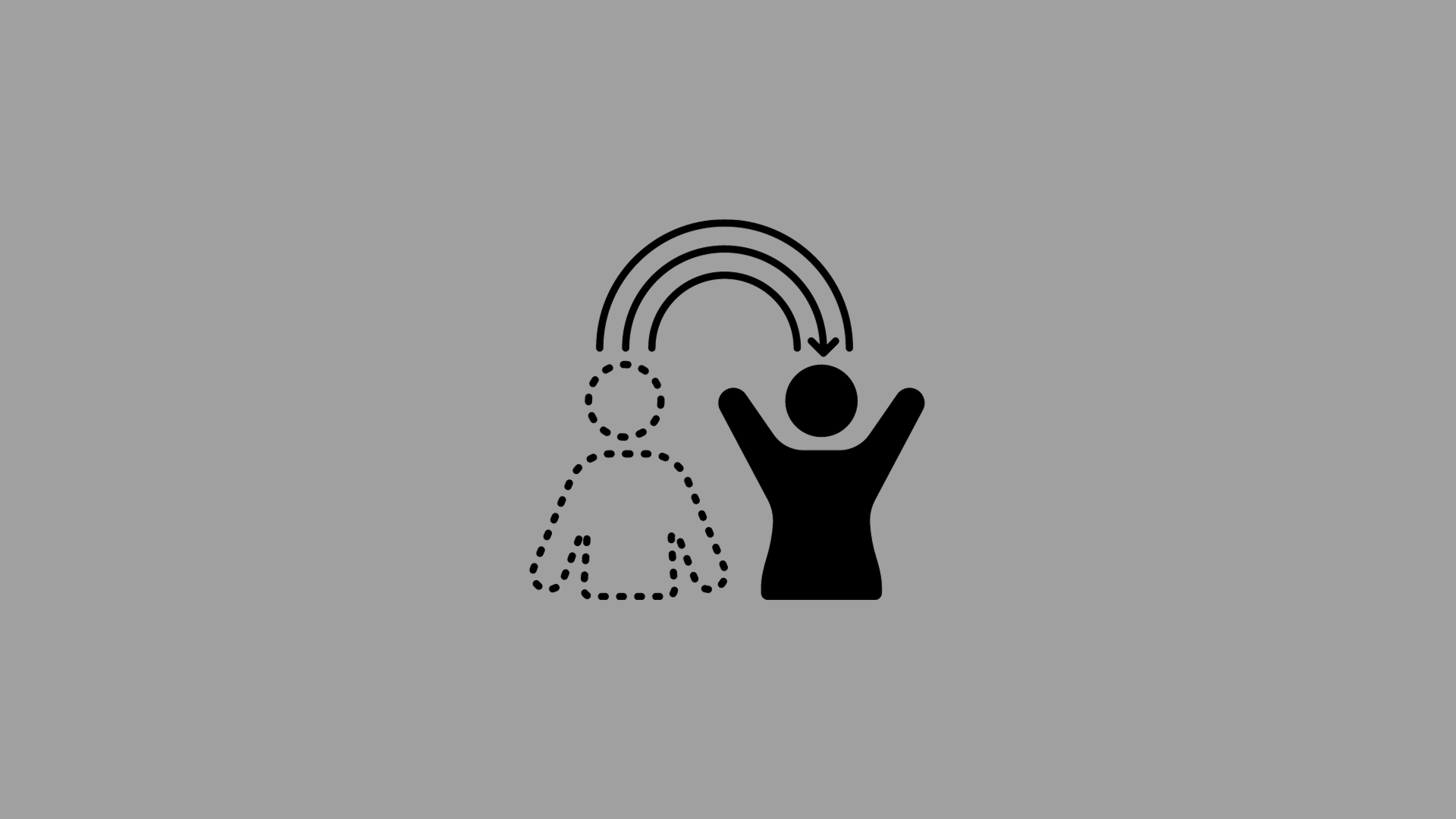When Coaching Transitions to Mentoring
Coaching and mentoring are interventions designed to guide employees toward growth and improvement, but they differ in their methods and goals. While coaching is often employed to enhance specific skills and performance, mentoring takes a broader approach, encompassing overall career advancement and personal development. Let’s break it down –
Coaching is a targeted and goal-oriented approach that centers around skill enhancement and performance improvement. It's particularly effective for employees who need to address specific challenges or skill gaps that hinder their efficiency and effectiveness. Coaches work closely with individuals to set measurable objectives, provide constructive feedback, and develop actionable plans to achieve the desired outcomes.
Mentoring, on the other hand, extends beyond skill enhancement to encompass a comprehensive growth journey. It involves a seasoned professional, often more experienced in the field, providing guidance, sharing experiences, and offering insights to navigate the complex landscape of a career. Mentors assist mentees in setting long-term goals, making strategic decisions, and understanding the broader nuances of their chosen path.
While coaching and mentoring each have their distinct roles, there are instances where the transition between the two becomes fluid. This transition often occurs when an employee progresses from addressing specific skill gaps to focusing on broader career aspirations. As an employee's competency grows, coaching may evolve into mentoring, wherein the emphasis shifts from targeted performance improvement to overall career development.
For instance, an employee who initially receives coaching to enhance presentation skills may eventually enter a mentoring relationship as they aspire to take on leadership roles. At this stage, the mentor can provide guidance not only on honing leadership skills but also on navigating organizational dynamics, strategic thinking, and long-term career planning.
Or, let’s say, an employee is seeking coaching to enhance their project management skills excels in managing complex projects. Over time, however, they express an interest in advancing to a higher leadership position within the organization. The coach, recognizing their potential, transitions into a mentorship role. The mentor guides them in developing leadership qualities, navigating office politics, and aligning their career goals with the organization's long-term vision.
Note that it is also possible for mentoring to shift into coaching, although it's less common than the other way around. This transition can occur when a mentee, who has been receiving broader career guidance and advice, identifies specific skill gaps or performance challenges that need targeted development. Here's an example –
Imagine a mentee who has been in a mentoring relationship focused on long-term career growth and navigating the corporate landscape. During their career journey, they realize that their presentation skills are holding them back from seizing important opportunities. They approach their mentor, who has been guiding them, with this specific challenge.
In response, the mentor transitions into a coaching role for this particular skill. The mentor now provides targeted guidance, resources, and practice sessions to help the mentee improve their presentation skills. This coaching relationship is more focused on a specific aspect of the mentee's development, aiming to address the identified gap.
This transition is feasible when the mentor has the expertise and willingness to provide coaching for the specific area of improvement. It reflects the adaptability of mentoring and coaching relationships to meet the evolving needs of the mentee or coachee.
In essence, the evolution from coaching to mentoring (and vise-versa) is driven by the employee's expanding horizons and the realization of their potential beyond isolated skill enhancement. While coaching hones specific skills and addresses performance gaps, mentoring nurtures holistic career advancement and personal development.
Recognizing the transitional points where coaching naturally evolves into mentoring ensures that employees receive the right guidance at the right phases of their journey.

